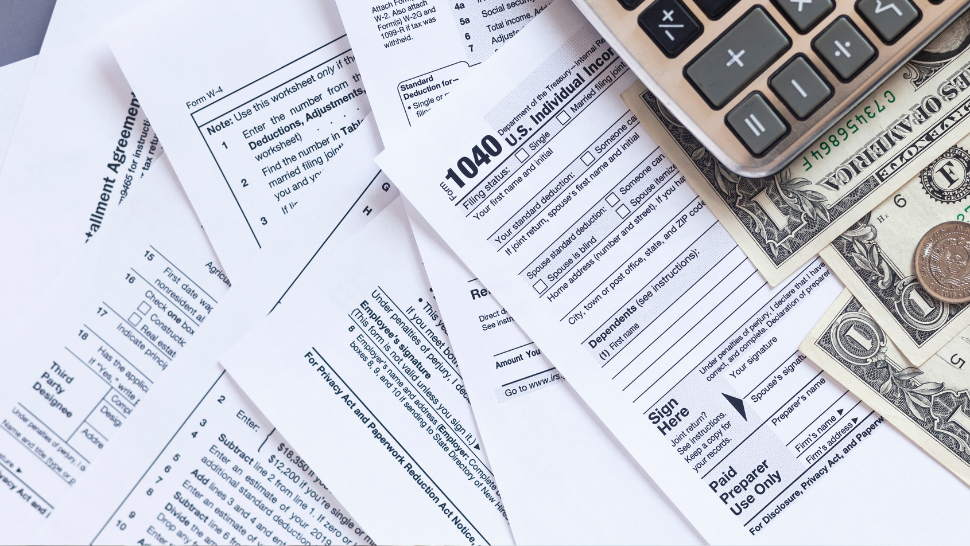Beware of Tax Scams: Tips to Stay Safe
Mar 18, 2025

Tax season is upon us, and unfortunately, so are tax scams. Whether you're expecting a refund or need to pay, scammers are working hard to trick you into giving up sensitive personal and financial information. We're here to help you stay informed and protected from these malicious schemes.
Common Tax Scams to Watch For
Scammers use various tactics to create a sense of urgency, convincing victims to disclose personal details like Social Security numbers, bank account information, and login credentials. Here are some common scams to be aware of:
- Refund Calculation Scam – Scammers claim the IRS has recalculated your refund and that you are owed additional money. They request personal banking information to “deposit” the funds but instead steal your data.
- Stimulus Payment Scam – Fraudsters send messages falsely stating that you haven’t claimed your COVID-19 stimulus payment and request personal information to “process” the payment.
- Verification Scam – Scammers pose as IRS officials requesting personal details such as W-2 forms, Social Security numbers, and even pictures of your driver’s license to “verify” your identity.
- Fake Tax Preparers – Some fraudulent tax preparers may file tax returns on your behalf without your knowledge, redirecting your refund or accessing your bank account. Be wary of tax preparers who refuse to sign returns they prepare.
How to Protect Yourself & Report Fraud
Knowing how the IRS operates is key to spotting scams. The IRS will never:
- Call, text, or email demanding immediate payment.
- Request payment without providing an opportunity to appeal.
- Threaten to have you arrested.
- Accept payments via gift cards.
If you suspect a tax scam, take immediate action:
- Hang up on suspicious calls and do not respond to emails or texts claiming to be from the IRS.
- Report scams to the U.S. Treasury Inspector General for Tax Administration (TIGTA) at 1-800-366-4484 or visit treasury.gov/tigta.
- If you’ve been a victim of identity theft, report it to the Federal Trade Commission (FTC) at IdentityTheft.gov.
Stay Informed & Stay Safe
Law enforcement is cracking down on these scams, but awareness is your first line of defense. Remember:
- The IRS primarily contacts taxpayers by mail, not by phone.
- The IRS will never request payments via iTunes gift cards, prepaid debit cards, money orders, or wire transfers.
- The IRS will not ask for personal information via email, text, or social media.
Your security is our top priority. Stay vigilant and share this information with family and friends to help protect our community from tax scams.